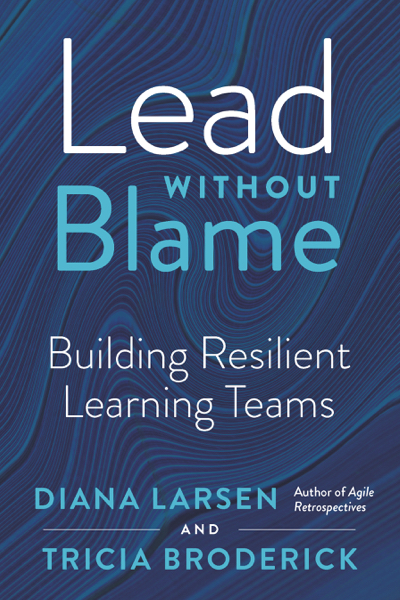Confession: I’ve said for a very long time, no politics or religion at the workplace.
Although I had good intent, I fell victim to believing certain topics are taboo or too risky to have at work. The problem with this logic is that to truly embrace diversity (wisdom from the crowd), to truly create collaborative environments, and to truly create spaces for people to grow and excel…some of those topics must be on the table. This means I have new skills to learn!
For starters, I am actively exploring how to have racial inequity conversations with colleagues (and others too but I’ll still with work for this blog). I’ve noticed patterns of how I react during conversations that make me feel uncomfortable, defensive, sad and/or in disbelief. As a result, I’m trying to keep the following key concepts in mind:
- Intent is important. Impact is important too. I have a tendency to want the intent (mine or someone else’s) to excuse/eliminate any impact. This doesn’t work in organizations; this won’t work during inequality conversations. I do share the background and intent; and then I really try to understand the impact.
- Microaggressions (for example, “are we lowering value expectations to increase diversity?” – there is an inherent bias that to increase diversity automatically means less value/skill/etc) are often stated as ‘death by a thousand papercuts’. Sure, each one is small but over and over and over again, most of the time with complete unawareness from others delivering or present, becomes too much. I know I’ve had this reaction when women get really upset about whether the conference t-shirt is feminine cut enough (or at all), I’ll start immediately thinking “seriously, is this really the biggest issue?”. Personally, I think challenges such as the man at a conference, who called me a nagging wife for reminding my colleague that we had to go (don’t worry, I directly dealt with this). But then I remember, death by a thousand paper cuts and this might be the moment, the reminder, the final one that has pushed this person over the edge and wants change. It doesn’t hurt me to support that.
- Be careful of the Pendulum Reaction. If we go down this road, what’s next? I remind myself that when I experience one of these exaggerated swings, my brain is responding to fear and change. That providing something for someone, doesn’t always mean I have to lose or that it will mean everything will change.
- Don’t DARVO. This is the one that i have to fight my brain the most about because once I feel bad or discomfort, I go on the offense.
-
- DARVO is an acronym used to describe a common strategy of abusers. The abuser will: Deny the abuse ever took place, then Attack the victim for attempting to hold the abuser accountable; then they claim that they, the abuser, are the real victim in the situation (or highlight other offenses), thus Reversing the Victim and Offender. This might feel great in the moment, but won’t actually move us towards a solution. Sometimes, we need to focus on one issue before addressing the other offenses.
-
- Everyone faces conflict in their life. Everyone faces stress and handles stress differently. Majority of people have and continue to deal with trauma. I have two significant traumas in my life that trigger my reactions/stress/fears/
emotions/abilities/everything. Although, I’m open about my traumas in general, no one really understands or knows each time I’m triggered. Sometimes, it’s a phrase. Sometimes, it’s a scenario. Sometimes, it’s anything, especially certain days. When my PTSD kicks in, I want people to acknowledge, accept and support me. Trauma is a beast. I do not know what trauma someone else may be facing and whether they want to openly share or not. Be empathic and respectful – even if it doesn’t make any sense to you. - Acknowledge that I’m learning. Openly request information and feedback on what I could be doing better, what I missed completely, etc. I will make a mistake but mistakes are only the end of the world – if I refuse to learn from them.
What do you need to keep in mind during difficult racial conversations?




